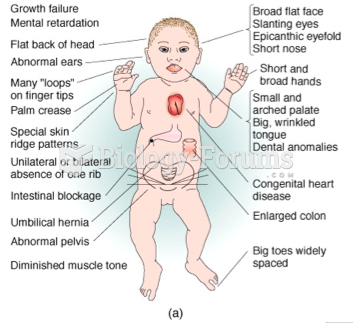Which patient is most likely at risk of refeeding syndrome?
a. A patient recovering from outpatient surgery
b. A patient with gastroesophageal reflux
c. A patient with hypermagnesemia
d. A patient with osteoporosis
e. A patient with a history of long-term inadequate oral intake
Question 2
JB is a 53 yo male who was recently divorced. He has experienced periods of depression and decreased appetite. Family reports history of heavy drinking habits and 15 weight lost. He was previously diagnosed with cirrhosis and portal hypertension and paracentesis and TIPS procedures were performed. Mr. JB's condition seems to have worsened; he c/o stomach pains, nausea, and vomiting at times. His abdomen is sore to touch and feels swollen. Mr. JB has developed ascites and pedal edema; his urinary output has decreased and he continues to lose weight. Mr. JB also c/o pain when swallowing food. Because of JB's persistent symptoms, he's been admitted to the hospital. A referral to the SLP for a MBS was also ordered and resulted in dysphagia, pureed diet recommended. By day 2 Mr. JB still c/o of nausea and no po intake has been reported. The MD prescribed dietary consult: RD to assess patient and recommend alternate means of nutrition support, currently NPO. Ht: 5'11'' Wt: 145 UBW: 163 Dx: End-stage liver cirrhosis, dysphagia PMH: alcoholic cirrhosis, portal hypertension Labs: Na: 134 Cl: 101 BUN: 4 Alb: 2.3 TG: 305 Transferrin: 101 NH4: 53 Glu: 139 AST: 45 ALT 48 Alk Phos: 40 Bilirubin: 2.1 K: 5.2 CO2: 25 Cr: 1.8 H/H: 11/35 Diet: NPO Meds: Neomycin, Aldactone, Lasix, Reglan Because of JB's history of alcohol abuse, he is most likely at risk of which nutrient deficiency?
a. potassium
b. vitamin A
c. sodium
d. vitamin B6
e. vitamin E







